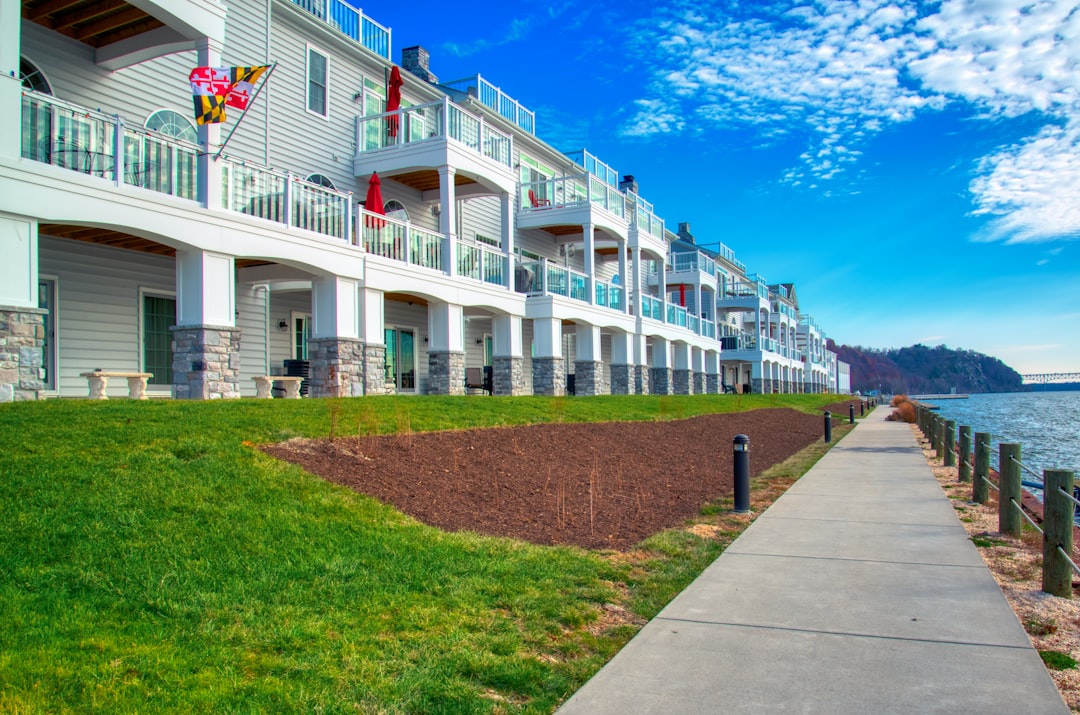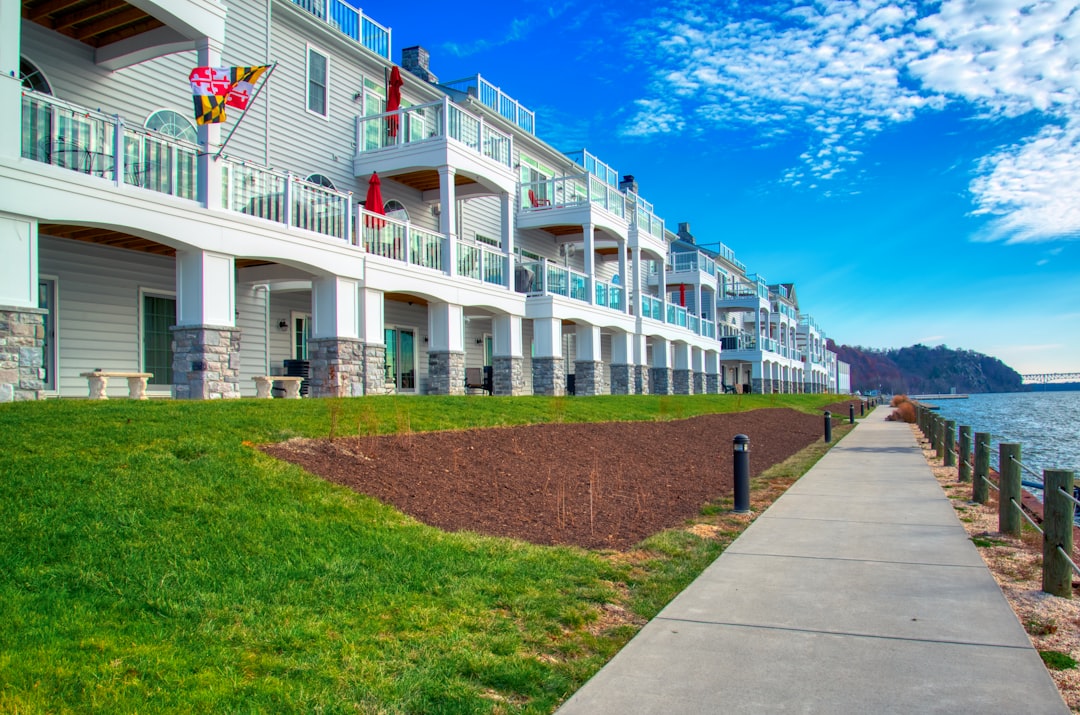Probation, a flexible alternative to incarceration in Gaithersburg, Maryland, for rape convictions, focuses on rehabilitation and victim justice. Skilled rape lawyers navigate complex legal landscapes, advocating for probation by highlighting factors like lack of criminal history, remorse, and community-based potential. Eligibility is determined through meticulous case analysis within Maryland's legal framework, balancing public safety risks with rehabilitative potential. While probation reduces recidivism, effective implementation requires personalized approaches guided by expert rape lawyers to ensure both community reintegration and victim safety.
In Gaithersburg, Maryland, exploring alternatives to harsh prison sentences for rape convictions is a complex yet crucial discussion. This article delves into the potential of probation as an option, offering a nuanced perspective on the matter. We examine Maryland’s sentencing guidelines for rape cases and highlight the critical role a defense lawyer plays in advocating for alternative punishments. Understanding eligibility criteria and weighing the benefits against challenges, this guide aims to inform readers about the possibilities—and considerations—surrounding probation for rape convictions, with a focus on finding just solutions with the help of a rape lawyer Maryland.
Understanding Probation: An Alternative to Incarceration

Probation, an alternative to incarceration, allows eligible individuals to serve their sentence in the community under specific conditions set by a court. For rape cases in Gaithersburg, Maryland, understanding this option can be crucial for both defendants and victims. A rape lawyer Maryland can play a vital role in navigating this process, ensuring the defendant’s rights are protected while exploring potential alternatives to prison time.
Probation offers a chance for rehabilitation and reintegration into society. Under probation, offenders must adhere to certain terms, such as regular check-ins with officers, participation in counseling or treatment programs, and adhering to a curfew or travel restrictions. This approach aims to hold individuals accountable while providing an opportunity for personal growth and community involvement, which can be particularly important in cases where victims seek justice and closure without lengthy imprisonment of the perpetrator.
Rape Convictions in Maryland: Current Sentencing Guidelines

In Maryland, including Gaithersburg, rape convictions carry severe penalties due to the state’s strict sentencing guidelines. The current legal framework mandates stringent measures for such crimes, emphasizing the protection of victims and deterrence. A rape lawyer in Maryland would advise that the sentence often includes substantial jail time, with minimum mandatory prison terms for different types of sexual assaults. These sentences are designed to reflect the seriousness of the crime and ensure just punishment.
The Maryland Criminal Code outlines specific sentencing options based on factors like the victim’s age, the use of force or threats, and prior convictions. For instance, first-degree rape, which involves penetration without consent, typically results in a sentence of 20 to 40 years’ imprisonment. Given the gravity of these sentences, having an experienced rape lawyer is crucial for navigating the legal process and advocating for a fair outcome for those accused.
The Role of a Defense Lawyer in Exploring Alternatives

In cases involving rape convictions, a defense lawyer plays a pivotal role in exploring alternative sentences and ensuring that their client’s rights are protected. In Gaithersburg, Maryland, where the legal system takes sexual assault seriously, a skilled rape lawyer can navigate complex laws and advocate for less restrictive options like probation. These alternatives aim to rehabilitate the offender while considering the victim’s needs for justice and safety.
A defense attorney will thoroughly examine the circumstances of the case, study Maryland’s sentencing guidelines, and research relevant legal precedents. They may argue for probation by highlighting factors such as the defendant’s lack of criminal history, genuine remorse, and the potential for successful rehabilitation within the community. This strategic approach can make a significant difference in the outcome, offering a chance for a second chance while upholding the integrity of the justice system.
Evaluating Eligibility for Probationary Programs

Evaluating eligibility for probationary programs, especially in cases involving rape convictions, requires a nuanced understanding of Maryland’s legal framework and the specific circumstances of each case. A rape lawyer in Maryland will meticulously assess factors such as the nature and severity of the crime, the defendant’s prior criminal record, their behavior during incarceration, and any evidence of rehabilitation or remorse.
Key considerations include compliance with court orders, participation in counseling or therapy, and completion of any mandated sexual offender treatment programs. The goal is to determine if an individual poses a significant risk to public safety while also evaluating their potential for change and reintegration into society. This careful evaluation ensures that probation is only recommended when appropriate, balancing the need for justice with the possibility of rehabilitation.
Potential Benefits and Challenges of Probation for Rape Cases

Probation can offer a unique and potentially beneficial approach for individuals convicted of rape in Gaithersburg, Maryland, with the right support systems in place. One of the key advantages is community-based rehabilitation; probation allows offenders to remain within their communities while undergoing treatment and counseling, which can facilitate better reintegration and reduce recidivism rates. This option could be especially beneficial for first-time offenders or those who exhibit genuine remorse, enabling them to avoid lengthy prison sentences and focus on personal growth.
However, challenges exist when considering probation for rape cases. These include ensuring the safety of victims and potential witnesses, as well as managing high-risk offenders effectively. A rape lawyer in Maryland would argue that a tailored approach is necessary; some cases may require intensive supervision, secure housing, or specialized treatment programs to address the severity of the crime. Balancing community reintegration with public safety remains a complex task, requiring careful consideration and expert legal guidance for an optimal outcome.






